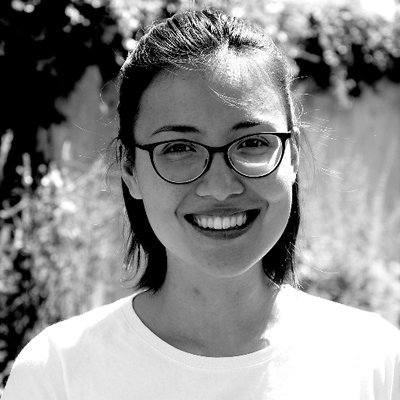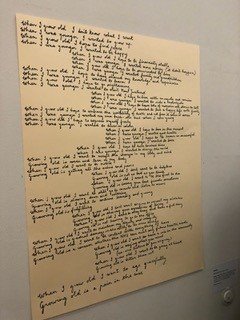This blog is by Sarah Chitson, a medical student at King's College London.
“Shouldn’t you be spending more of your time studying science?” a friend at another medical school commented recently.
I had just told her about our clinical humanities project, a new addition to the second-year curriculum at King’s College London where medical students incorporate arts and humanities into our GP placement. This year I helped to lead a poetry project at Sheepcot Medical Centre, Leavesden.
For our project, we wanted to connect with the demographic of our practice – mainly elderly patients – and understand their stories. In the short window of a clinic appointment we see plenty of older people with complex problems, but we knew there was more to the experience of growing old than the words you could squeeze into those ten-minute slots. So, we settled on writing a poem to voice the bigger story: What is it really like to grow old?
Our aim was to contrast the young person’s view of growing old with the older person’s view. As young students ourselves, we completed the sentence “When I grow old, I…”, thinking ahead to our ambitions and ideas.
Our answers were vague, talking about fulfilment and happiness in broad, general terms.
“When I grow old I hope to live with no regrets and worries”
“When I grow old I want to continue learning and growing”
For the comparison, who better to ask than the patients themselves? We sat in the waiting room and asked them to fill-in-the-blanks:
- Growing old is…
- When I was younger, I wanted…
Their answers surprised us. They were specific, talking about missed trips to New Zealand and coloured clothes against the grey backdrop of Glasgow. They were realistic, speaking of “all the aches and pains” and their concern for the NHS, creaking under the weight of their problems.
Many of them took the time to sit with us and explain why they had written those words – with occasional glances to the waiting room screen to check they hadn’t yet been called for their appointment.
But here is the line which hit me hardest:
“Growing old is saying what you want – no one listens to you anyway.”
As I sat in a patient’s home to record her voice reading our poem, I was glad that for once, that was not the case. Clinical humanities made us listen. For a cohort of future clinicians, I cannot think of a more valuable way to spend our time.
When I grow old, I…
When I grow old, I… https://www.careopinion.org.uk/resources/blog-resources/1-images/68cfb4372fea4c44a961f24755eeac78.jpg Care Opinion 0114 281 6256 https://www.careopinion.org.uk /content/uk/logos/co-header-logo-2020-default.pngUpdate from Care Opinion
Posted by Care Opinion, on
Thanks for your feedback.


